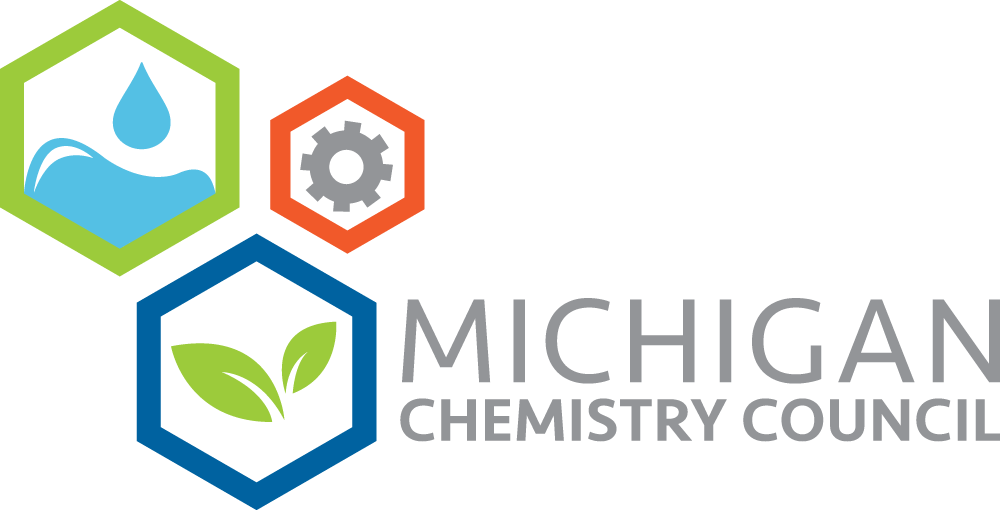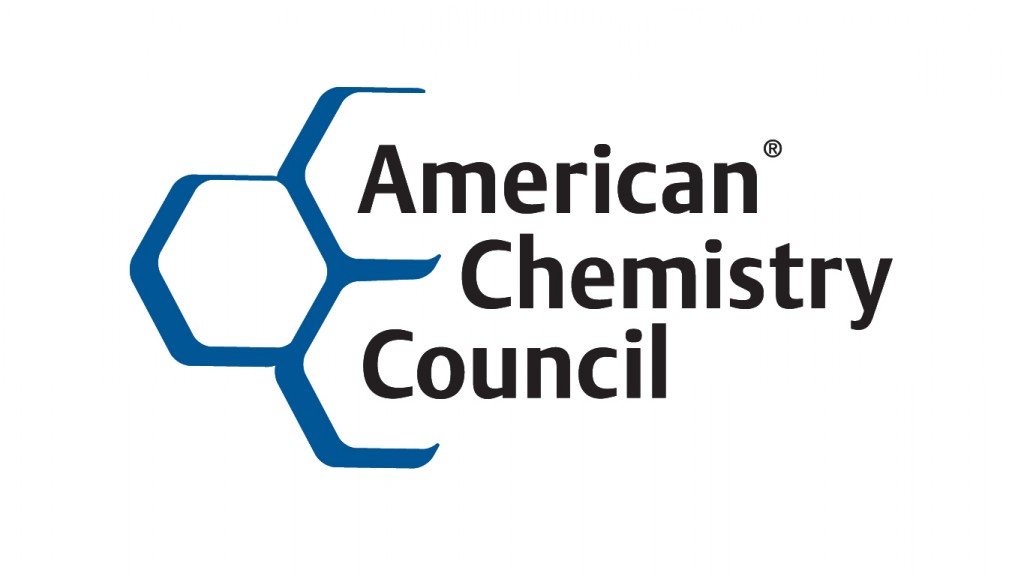On July 29th, the Federal Energy Regulatory Commission (FERC) released a final environmental impact statement (EIS) for the Rover Pipeline. FERC’s extensive review process incorporated findings from a wide range of analyses, input from stakeholders gathered over the course of more than ten public comment meetings, and recommendations from other federal and state regulatory bodies. Ultimately, FERC concluded that Rover would be able to successfully mitigate its environmental impacts through enacting its detailed planning and FERC recommendations.
The Michigan Chemistry Council (MCC) was extremely encouraged to see FERC take this important step in the approval process of the Rover Pipeline. Our region currently suffers from a dearth in midstream pipeline infrastructure – while a wealth of domestic natural gas is in production in the Marcellus and Utica shale formations, businesses and manufacturers in Michigan are unable to tap into those resources. The Rover Pipeline would readily grant that access, providing our energy-intensive members with affordable natural gas to produce the many everyday consumer products that our customers rely on.
Importantly, the Rover Pipeline will be constructed responsibly, with minimal impacts to the environment and local communities through which it passes. Further, the project will create as many as 1,500 construction positions in Michigan, both employing hardworking, highly skilled men and women and revitalizing local businesses along the pipeline route.
The decision to approve the Rover Pipeline now rests with the four FERC commissioners. While there is no formal deadline in place, a ruling could arrive in the next three to four months. The MCC encourages FERC commissioners to undertake a timely review during the coming months in order to catalyze development of the Rover Pipeline and the many benefits it stands to carry to Michigan.


